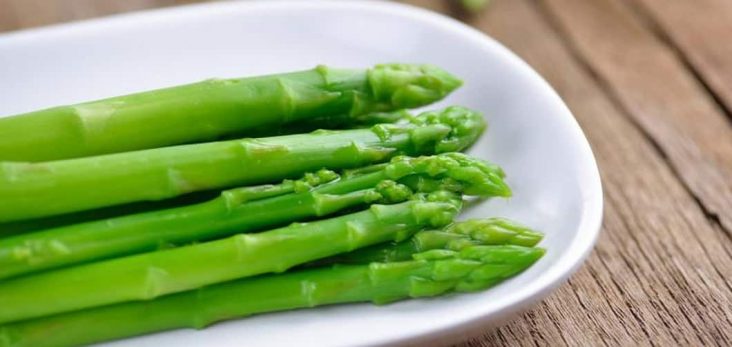What you eat is what you are, especially when it comes to taking care of your internal organs like, stomach, liver, intestines, rectum, etc. your diet reflects their health. Conditions like anal fistula can be prevented with a healthy diet and lifestyle.
What is an Anal fistula?
Anal fistula is defined as an abnormal communication between the epithelial surface of the anal canal and the perianal skin. Anal fistula usually initiates with a tissue damage.
Patients with this condition usually are present with,
- A constant pain in the area, throbbing in nature which gets worsen on sitting down.
- A chronic irritation of the skin associated with swelling, redness and tenderness around the anus.
- A smelly discharge of pus with or without blood
- Constipation
- Pain on bowel movement
- Mild to moderate fever
In acute stage, a fistula can be extremely painful and may bleed frequently but if ignored for a long time for more than 7-8 months, it gets partially healed up and a skin growth known as sentinel tag or sentinel pile surrounds it.
What are the causative factors for Fistula?
In most of the individuals, anal fistulae usually develop following an anal abscess. Untreated abscesses in the anal area or ones which have not healed completely can give rise to fistula.
In fact, research studies have put forward a fact that one in every two-four people with an anal abscess have the chance of developing an anal fistula, later in life.
There is also a significant male predominance between the ages 20-40 years.
Other less common causes for anal fistula include,
- Crohn’s disease
- Diverticulitis
- Hidradenitis Suppurativa
- Tuberculosis
How anal fistula can be prevented through diet?
Diet plays a major role in improving this condition. Furthermore, since constipation is one of the major reasons for the exacerbation of anal fistula, it is highly important to control it as much as possible using dietary remedies.
- Take adequate dietary fibers such as bran, beans, passion fruit, berries, green leaves, mushrooms, banana, cabbage etc.
- Eat more vegetables, fruits and salad.
- Avoid gluten-free junk food, French fries, potato chips, processed meat and refined grains.
- Drink plenty of water and fluids but avoid much coffee and tea.
- Avoid straining during defecation (especially while constipation)
- Avoid excessive oils, chilies and spices in food items.
- Avoid much of non-veg. food. Try to be vegetarian.
- Use of buttermilk (Lassie without butter) with a pinch of cumin powder and black salt keeps the digestion correct
How do you manage anal fistula?
Prevention is the best treatment. Maintaining a good nutritional habit is a great way to maintain health issues and ward off fistulas. In addition, abstaining from smoking is important to promote fistula healing.
Are there any specific dietary measures to be taken?
Apart from the general precautions mentioned above, it is recommended to refrain from alcohol and smoking since they are known to play a major role in exacerbating the signs and symptoms of anal fistulae
In addition, you can take dietary advice from a dietician or the specialist to choose the best schedule of meals, depending on the individual requirements and severity of the condition.







